Primary Research Focus
The Weimer Lab focuses on understanding mechanisms of polarized signaling involved in development of the cerebral cortex. These processes are known to regulate the proliferation and placement of neurons, formation of axons in differentiating cells and long term maintenance and trafficking within these same processes.
The Weimer Lab draws on expertise in cell and molecular biology, genetics and behavioral neuroscience to answer questions that bridge from basic mechanisms to translational and clinical approaches to treat human disease. These questions answer how and why various scaffolding or “signaling complex” form in neurons, how disruption in these complexes can contribute to human disease and determine if these complexes may serve as druggable targets.
Specifically, the team explores a number of mechanisms involved in neural stem cell proliferation, neuronal polarity and axonal outgrowth and trafficking with the hope of advancing our knowledge of neurobiology and aiding in the future treatment of rare neural developmental disorders. This includes projects focused on neuropediatric disorders including Batten disease, cortical malformations and neurofibromatosis type I.
About the Weimer Lab
Lab Projects and News

Engineering Superior Gene Therapies for Neurological Disease
In collaboration with Amicus Therapeutics, the Weimer lab screens several second-generation gene therapies that improve viral vector transduction and secretion in several lysosomal storage and metabolic disorders. With these improvements in technology, gene therapies can become safer, more therapeutic to the patient, and more cost-effective.
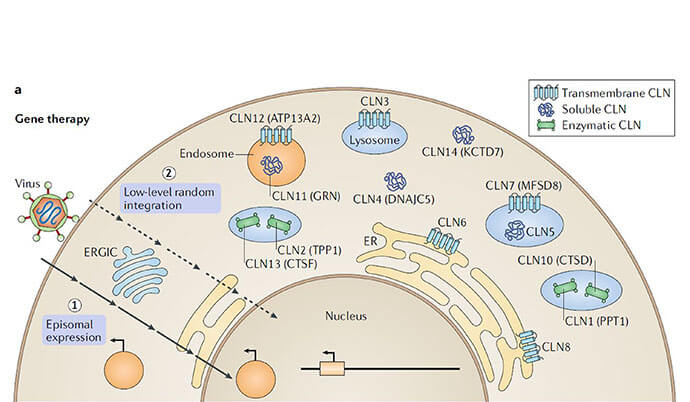
Discovering Novel and Shared Interactors of Batten Disease Proteins
It remains unclear what role Batten disease proteins have in neurons and whether these proteins share pathways with one another. This project uses in vitro and in vivo BioID proximity labeling to identify novel protein interactors of CLN3, CLN6, and CLN8, which will inform understanding of CLN biology and potential therapeutic targets.
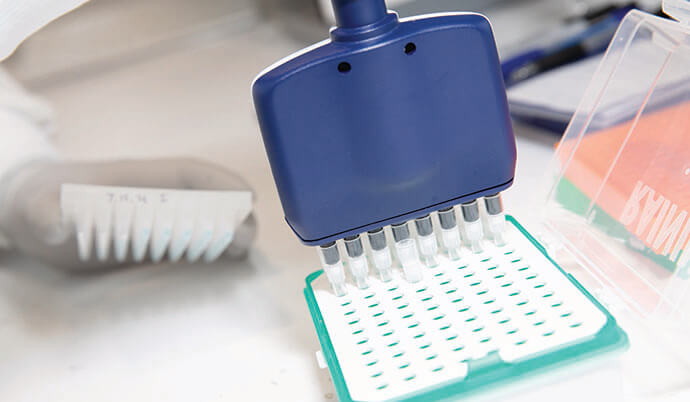
Identifying Molecular Therapies for Multiple Forms of Batten Disease
This project seeks to identify small molecule therapies for CLN1, CLN2, CLN3, CLN6, and CLN8 disease using a cutting edge high-content screening pipeline. After identifying new lead drugs in cell models, we perform comprehensive screens in mouse models using a combination of in-life biomarkers, histopathology, neurobehavior, and kinematic gait analysis.
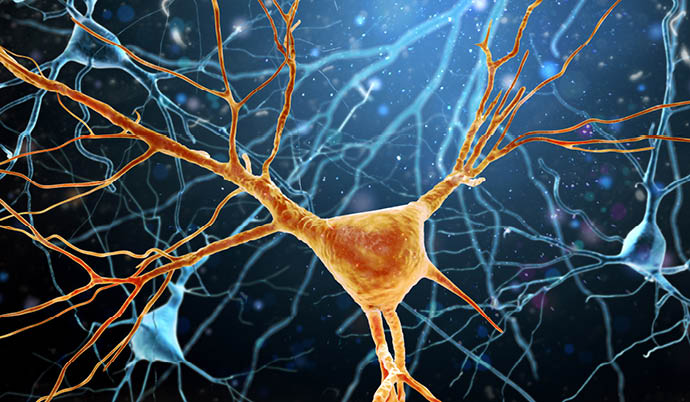
Novel Mechanisms for Distal Transport in Developing and Mature Neurons
This study will expand our understanding of CLN6’s contribution to crucial cellular processes and start to unravel the biological significance of the CCK complex in developing and mature neurons, as well as its role and the role of intracellular trafficking in neurological disorders such as the NCLs.
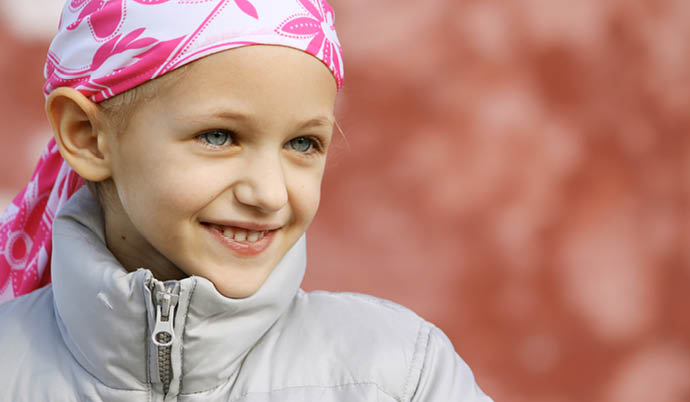
The NF-1 Porcine Model Collaborative Research Program
In collaboration with NF1 investigators. we are studying a newly developed porcine model of NF1 to better understand the neurobiology of neurofibromin loss in the CNS. A longitudinal pig study examining histopathology, neurobehavior, and neurotransmitters will allow a better understanding of the molecular mechanisms of NF1.
Batten Disease and Gene Therapy
Jill Weimer, PhD, discussed gene therapy and its potential as a treatment for Batten disease with the American Society of Gene & Cell Therapy. Watch the video to learn more.
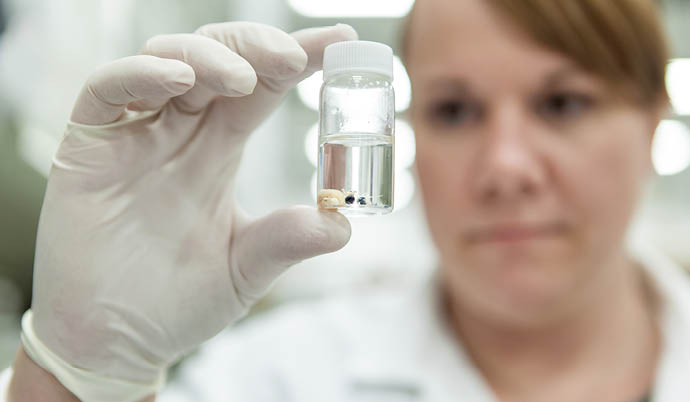
Searching for an Effective Treatment for CLN6-Batten Disease
This project brings together a team exploring small molecules/repurposed FDA approved drugs, gene therapy, cellular therapy and gene editing as possibly treatments for CLN6-Batten disease. The Weimer Lab serves as the central screening and phenotyping facility for all human patient cell line and mouse model studies.
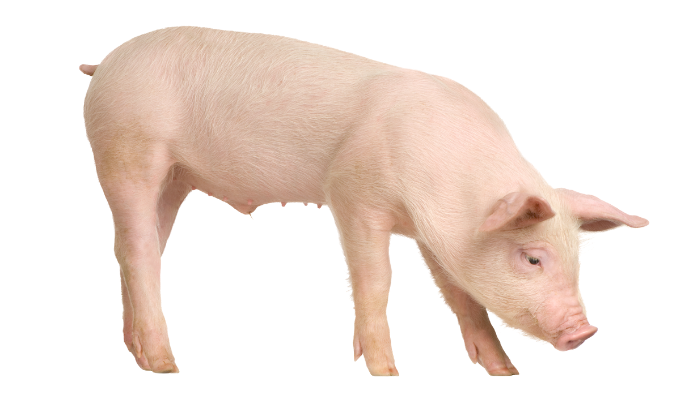
Characterizing Large Animal Models of Neurological Disease
In Collaboration with Precigen Exemplar, we have established porcine models of CLN2 disease, CLN3 disease, and neurofibromatosis type 1 (NF1). These pigs are being characterized with histopathology, neuroimaging, and neurobehavior metrics, and are being used to test various therapeutics in preclinical drug testing.
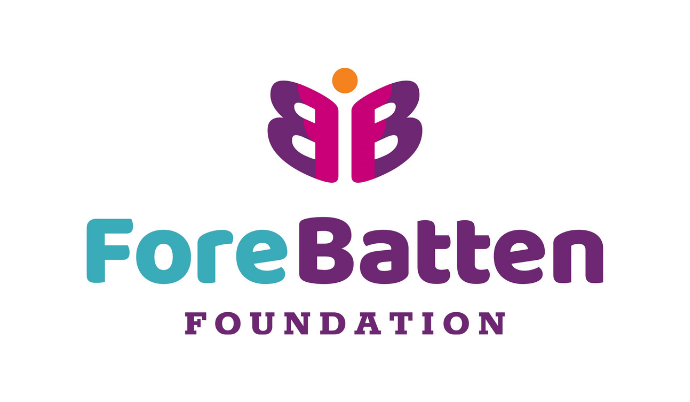
Developing Translatable Biomarkers for Batten Disease
Finding sensitive outcome measures to use in clinical trials for Batten Disease has been challenging. We are performing deep profiling of blood samples, biopotential readouts, and neuroimaging from several Batten disease mouse and pig models to identify new markers that can be used to track disease progression and responses to experimental therapies.